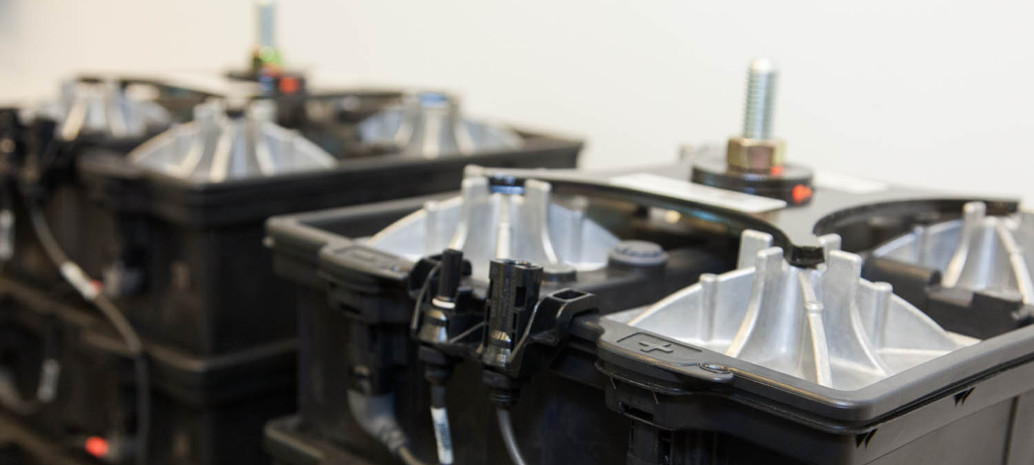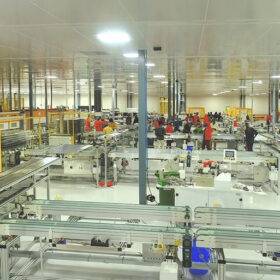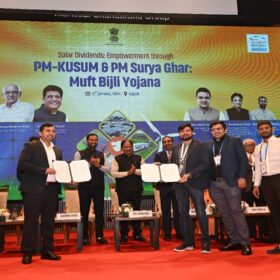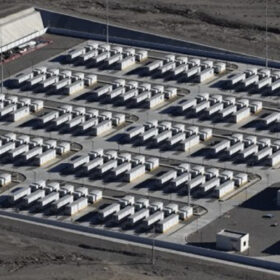The Ministry of New & Renewable Energy (MNRE) has issued guidelines for the construction, sampling and labeling of batteries used to store solar energy.
Having notified the Solar Photovoltaics Systems, Devices and Components Goods (Requirements for Compulsory Registration) Order under the Bureau of Indian Standards Act of September 2017 to ensure quality control in PV projects, the government department yesterday issued draft guidelines relating to solar storage batteries.
The MNRE guidelines stipulate lead-acid battery containers should be made of hard rubber, fiber-reinforced plastic or polypropylene for vented products, and polypropylene co-polymer or any other acid-resistant plastic material for sealed batteries.
For nickel-cadmium and nickel-metal hydride products, containers should be made of high strength alkali-resistant material such as nickel-plated mild steel, stainless steel or non-porous plastic.
Sample numbers
In terms of sampling, eight stationary, vented lead-acid cells or batteries will be required from the production line. Vented nickel-cadmium product testing will require six samples and at least 13 must be used to sample portable nickel-metal hydride batteries. The cells or batteries must be indelibly marked on the outside with a source of manufacture, ampere hour capacity, year of manufacture and country of origin as well as “other relevant details”.
The rules also make it mandatory for manufacturers or suppliers to provide information on safety, the procedure to be followed for the disposal of scrapped batteries and recycling, and on the capability of expansion of battery bank capacity. Product technical sheets should include information regarding the level of electric shock hazard.
The quality standards order implemented by the MNRE states no person shall manufacture or store for sale, import, sell or distribute goods which do not conform to the Indian standards specified in the Order – IS 16270:2014 in the case of storage batteries.
The order came into force a year ago and manufacturers have had to self-certify their products met Indian standards until testing laboratories had been established.
This content is protected by copyright and may not be reused. If you want to cooperate with us and would like to reuse some of our content, please contact: editors@pv-magazine.com.








2 comments
By submitting this form you agree to pv magazine using your data for the purposes of publishing your comment.
Your personal data will only be disclosed or otherwise transmitted to third parties for the purposes of spam filtering or if this is necessary for technical maintenance of the website. Any other transfer to third parties will not take place unless this is justified on the basis of applicable data protection regulations or if pv magazine is legally obliged to do so.
You may revoke this consent at any time with effect for the future, in which case your personal data will be deleted immediately. Otherwise, your data will be deleted if pv magazine has processed your request or the purpose of data storage is fulfilled.
Further information on data privacy can be found in our Data Protection Policy.